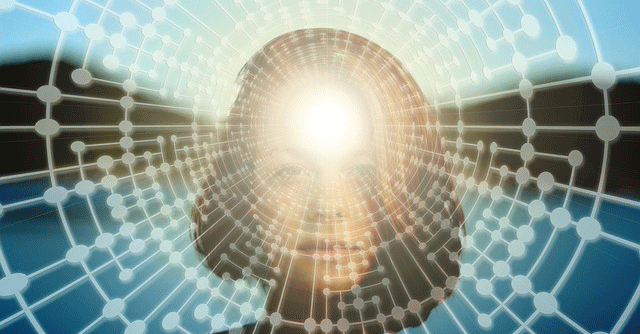
Computers with human brain cells may soon become a reality


A new study has revealed that futuristic bio-computers that may use human brain cells can soon become a reality. A team of global researchers, led by Johns Hopkins University in Baltimore, US, proposed to develop a biological computer powered by millions of human brain cells that they say could outperform silicon-based machines while consuming far less energy. They describe their roadmap of this vision in the journal Frontiers in Science.
“We call this new interdisciplinary field ‘organoid intelligence’ (OI),” said Prof Thomas Hartung of Johns Hopkins University. He added that brain organoids are a type of lab-grown cell-culture.
Even though brain organoids aren’t ‘mini brains’, they share key aspects of brain function and structure such as neurons and other brain cells that are essential for cognitive functions like learning and memory. Also, whereas most cell cultures are flat, as researchers have already proved, organoids have a three-dimensional structure. This increases the culture's cell density 1,000-fold, meaning that neurons can form many more connections.

The question may now arise that aren’t computers smarter and faster than brains, so why do we need brain organoids? Hartung explained, "While silicon-based computers are certainly better with numbers, brains are better at learning. For example, AlphaGo (the AI that beat the world’s number one Go player in 2017) was trained on data from 160,000 games. A person would have to play five hours a day for more than 175 years to experience these many games.”
Brains also have an amazing capacity to store information, estimated at 2,500TB, he added.
However, the researchers agreed that the current brain organoids need to be scaled-up for OI. "They are too small, each containing about 50,000 cells. For OI, we would need to increase this number to 10 million,” he stated.

In parallel, the authors are also developing technologies to communicate with the organoids by way of sending them information and reading out what they’re ‘thinking’. The authors plan to adapt tools from various scientific disciplines, such as bioengineering and machine learning, as well as engineer new stimulation and recording devices.
They believe that eventually OI would integrate a wide range of stimulation and recording tools. These will orchestrate interactions across networks of interconnected organoids that implement more complex computations.
“With OI, we could study the cognitive aspects of neurological conditions as well,” Hartung said. “For example, we could compare memory formation in organoids derived from healthy people and from Alzheimer’s patients, and try to repair relative deficits. We could also use OI to test whether certain substances, such as pesticides, cause memory or learning problems.”

Hartung, however, noted that “developing organoid intelligence into a commercial technology could take decades. Also, there could be ethical concerns in this research”.
Nonetheless, he said, “A key part of our vision is to develop OI in an ethical and socially responsible manner. For this reason, an 'embedded ethics' approach had been in place from the project’s launch, said Hartung, adding that “All ethical issues will be continuously assessed by teams made up of scientists, ethicists and the public.”
